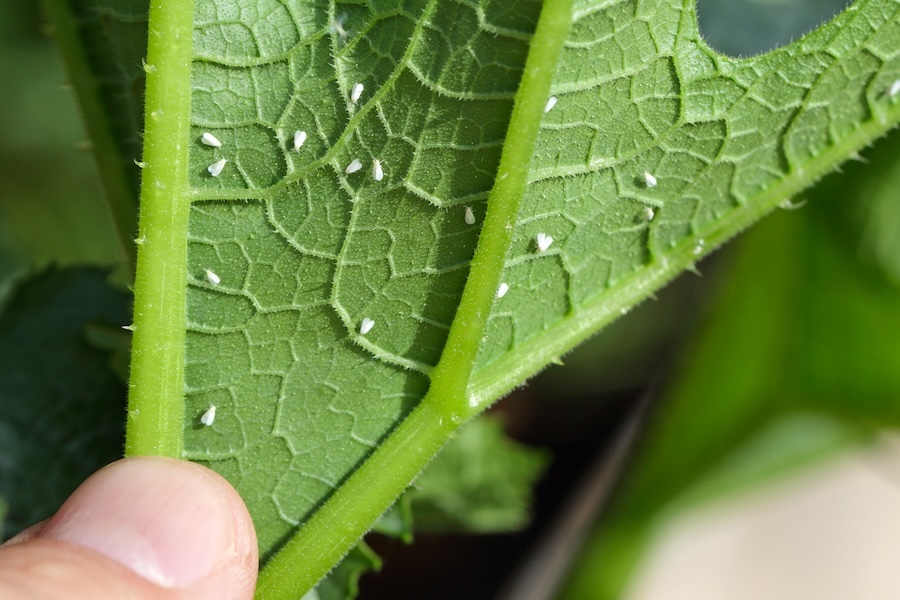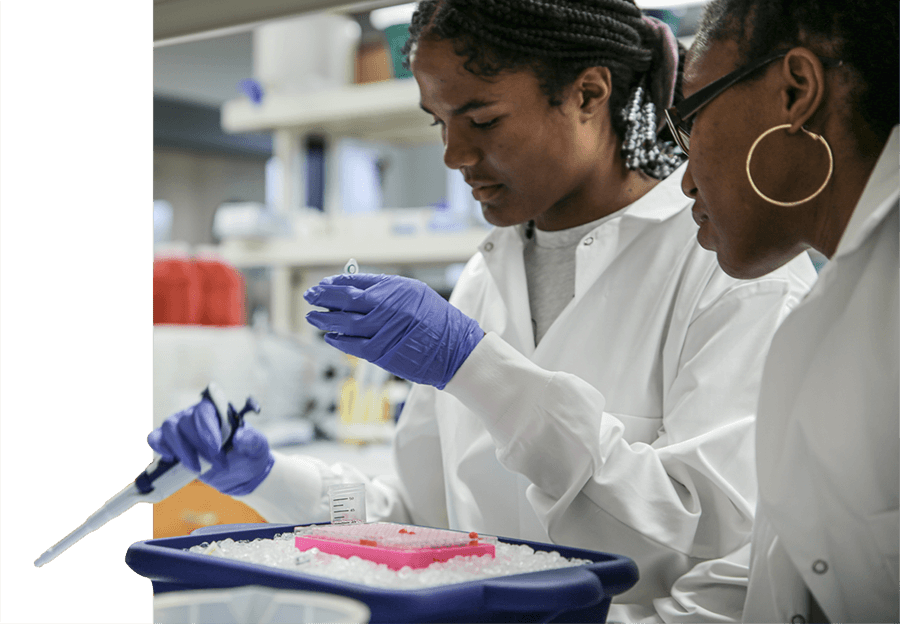.jpg)
Whether it was Punxsutawney Phil or the Old Farmer’s Almanac, somebody got it right because, after a relatively mild winter, it’s been a cool spring across the Southeast. Even as summer approaches, these cool temperatures have provided some relief both on the air conditioning bill and the mosquito front.
Mosquito eggs are deposited on the surface of standing water or in areas that will later become flooded. When the eggs complete development, the emerging larvae and the subsequent pupae require standing water for their development.
Mosquito growth is basically controlled by food availability and temperature. Cool overnight temperatures help to keep the water cool in swamps and containers, just like in our community pools. The cool temperatures slow the development of all stages of the mosquito life cycle, inhibiting the development of early-season pest and vector populations.
Stunting the biters
Georgia is home to 63 species of mosquitoes, so the cool temperatures aren’t going to eliminate all mosquito populations. The Asian bush mosquito, Aedes japonicus, likes it cool and has been pretty common across the region. Thankfully, this species is not typically an aggressive biter, so its populations are not as noticeable. On the other hand, the Asian tiger mosquito, Aedes albopictus, likes it hot. This mosquito is an aggressive daytime biter and has become one of the most common pests across the Eastern United States. Tiger mosquito populations seem to be off to a slow start this spring.
Another factor that could be in play with this pest are the cold temperatures that occurred last Christmas when a low of 7 degrees Fahrenheit was recorded in Athens, Georgia. A study out of Germany found that a low temperature of 5 F would inhibit Aedes albopictus egg hatching, so it is likely that some egg emergence was reduced in interior areas of the Southeast where the coldest temperatures were felt.
It should be noted that both the tiger mosquito and the bush mosquito are introduced pests from temperate regions of Asia. Consequently, despite a couple cold nights this past winter, these mosquitoes are extremely hardy and highly adaptable.
Preventing and repelling mosquitoes
Native or invasive, all mosquitoes have a preferred range of biological conditions within which they develop. As a result, we still expect plenty of mosquitoes in the coming weeks. With the first day of summer approaching on June 21 and warming temperatures in the forecast, it is time to get serious about mosquito prevention.
It is essential that everyone in our communities is aware of the need to eliminate all forms of standing water when possible. Mosquito eggs, larvae and pupae are all associated with some form of standing water. Cleaning up our yards and communities can make a big difference in the number of mosquitoes around our homes.
National Mosquito Control Awareness Week takes place June 18-24 and serves as a reminder to support our local mosquito-control districts and public health professionals who work to monitor and prevent mosquito populations and the diseases they transmit. In some cases, extensive mosquito populations develop on neighboring properties or in salt-marshes, flooded fields and swamplands. When adult mosquitoes are present, personal protection becomes extremely important.
Mosquitoes and most biting flies are attracted to dark colors. Light-colored, loose-fitting clothing, combined with a U.S. Environmental Protection Agency-approved repellent — DEET, Picaridin, IR3535, oil of lemon eucalyptus, para-methane-diol, 2-undecanone, oil of citronella and catnip oil — go a long way to preventing mosquito bites. While DEET is the longtime standard among mosquito repellents, there are several alternative materials that have been approved in recent years. Many of these products, DEET included, are approved for use on children as young as two months of age.
With any of the repellents, follow the label instructions closely, apply uniformly to all exposed skin and wash treated areas with warm, soapy water when away from mosquito populations.
Standing water that cannot be eliminated can be treated with EPA-approved larvicides that are effective and safe for our pets, wildlife and the environment. Residents can refer to University of Georgia Cooperative Extension Circular 1266, “Mosquito Control Around the Home,” for additional information on protecting your home environment.



.png)


